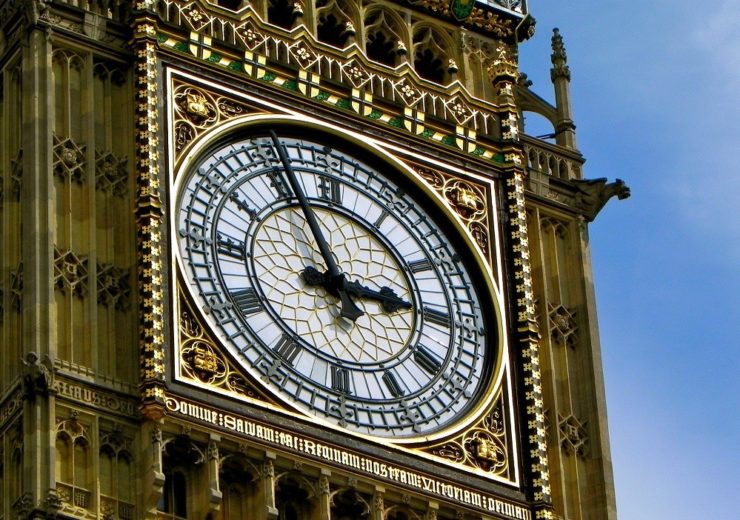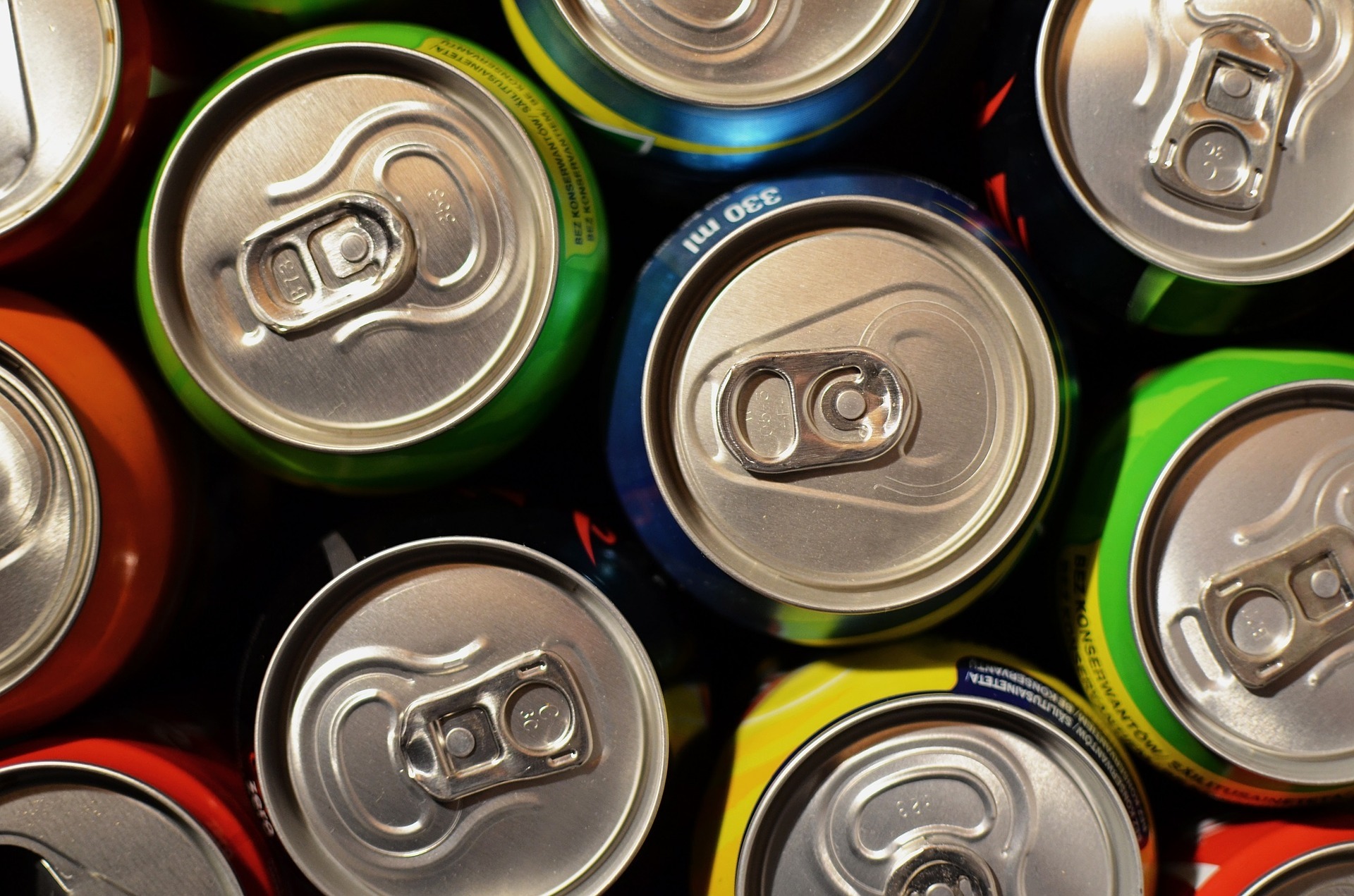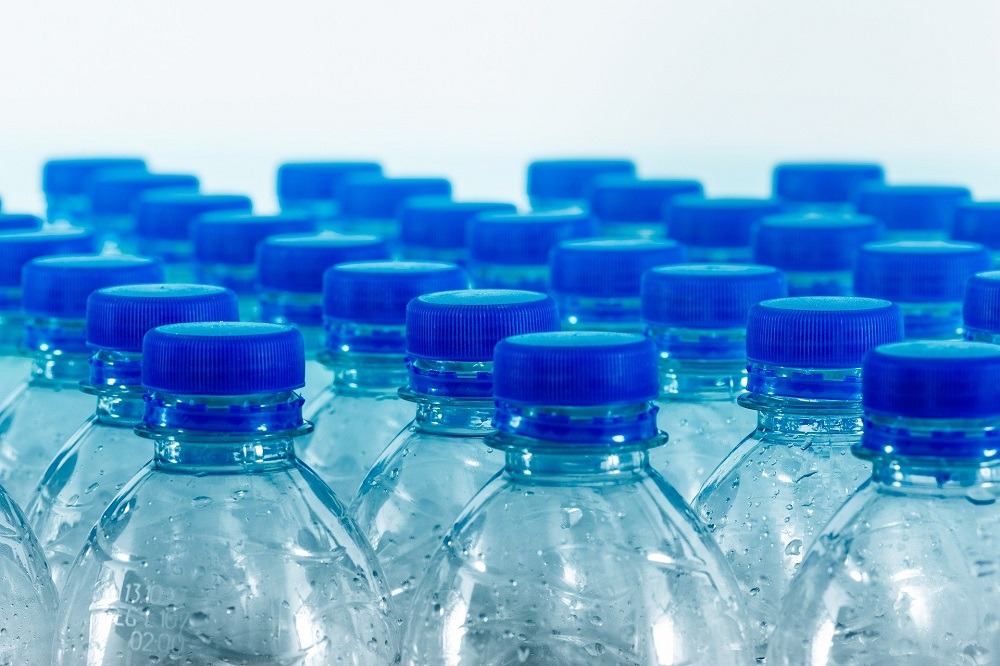Over the past few years, the UK government has announced a raft of new policies designed to reduce single-use plastic

The UK's Environment Bill has entered the committee stage in the House of Commons (Credit: Pixabay)
The UK government’s “piecemeal” plastic-only policies could lead to further environmental impacts down the line, according to a new report.
Published by environmental charity the Green Alliance today (10 March), the report says the whole approach to resource use needs a fundamental rethink to prevent environmental harm.
It comes as the UK’s Environment Bill — which aims to put environmental principles into law — enters the committee stage in the House of Commons.
Green Alliance head of resource policy Libby Peake said: “Removing one material from a dysfunctional system still leaves us with a dysfunctional system.
“Plastic pollution is a particularly visible sign that we don’t properly value the resources we use and shows that environmental harm is hardwired into the throwaway culture.
“The government has to get to the root of the problem to change this, rather than only tackling high-profile symptoms in a piecemeal way.”
Shifts away from plastic towards other materials ‘problematic’, says report
Over the past few years, governments across the globe have announced a raft of policies designed to dissuade businesses from using plastic.
In the UK, plastic straws, stirrers and cotton buds are set to be banned later this year — while Canada has committed to banning “harmful” single-use plastic products by 2021.
The EU is also keen to tackle the material, with its commissioner for the environment Virginijus Sinkevicius even saying the trade bloc could implement a total ban on plastic packaging.
The Green Alliance report believes, however, that simply encouraging shifts away from single-use plastic and moving on to other materials is problematic.

To assess the current impact of different materials, consultancy PricewaterhouseCoopers (PwC) examined the greenhouse gas impact of packaging types used in the UK in 2018.
Packaging consumed in the UK accounted for 13.4 megatonnes of CO2 in total, which represented 1.7% of the country’s emissions.
Of all the materials used to make up the packaging, aluminium produced the most CO2 by weight.
Plastics ranked in third place on this list.
The research by PwC was conducted on behalf of the Circular Economy Task Force – a business group convened by the Green Alliance.
The group’s chairman Colin Church said: “The way we consume and waste resources in the UK is unsustainable, and it’s not just plastic that has an impact.
“What is needed now is an approach that leads the UK to a truly circular economy where all materials are properly valued and any problems they cause are minimised as much as possible.”
‘Poor management of compostable plastics leading to unintended consequences’
The use of compostable plastic packaging is seen as one way to respond to the concerns around pollution.
However, the Green Alliance report believes these types of “novel materials” highlight shortcomings in the current resource management system.
One area seen as a problem is the cross-contamination of waste streams.
Conventional plastics – like PET – and compostables can be used in the same applications, such as drinks bottles.

At concentrations of just 0.1%, however, contamination with compostables can cause structural problems to PET in the recycling process, rendering the material almost unusable.
Likewise, non-compostable plastics are equally problematic for composting and anaerobic digestion operators – which are used to dispose of bioplastics.
The UK’s environment department highlighted the growth in compostable materials as something problematic without the proper treatment infrastructure.
It cautioned that it “may be necessary for consumers to be advised to put this type of packaging in the residual waste bin”.
The Green Alliance says, in order to tackle the issue, the government needs to take greater control over what products can and can’t use these materials to reduce consumer confusion.
It also says the government should consider colour coding different material types, making it easier for households and treatment facilities to sort such items.
